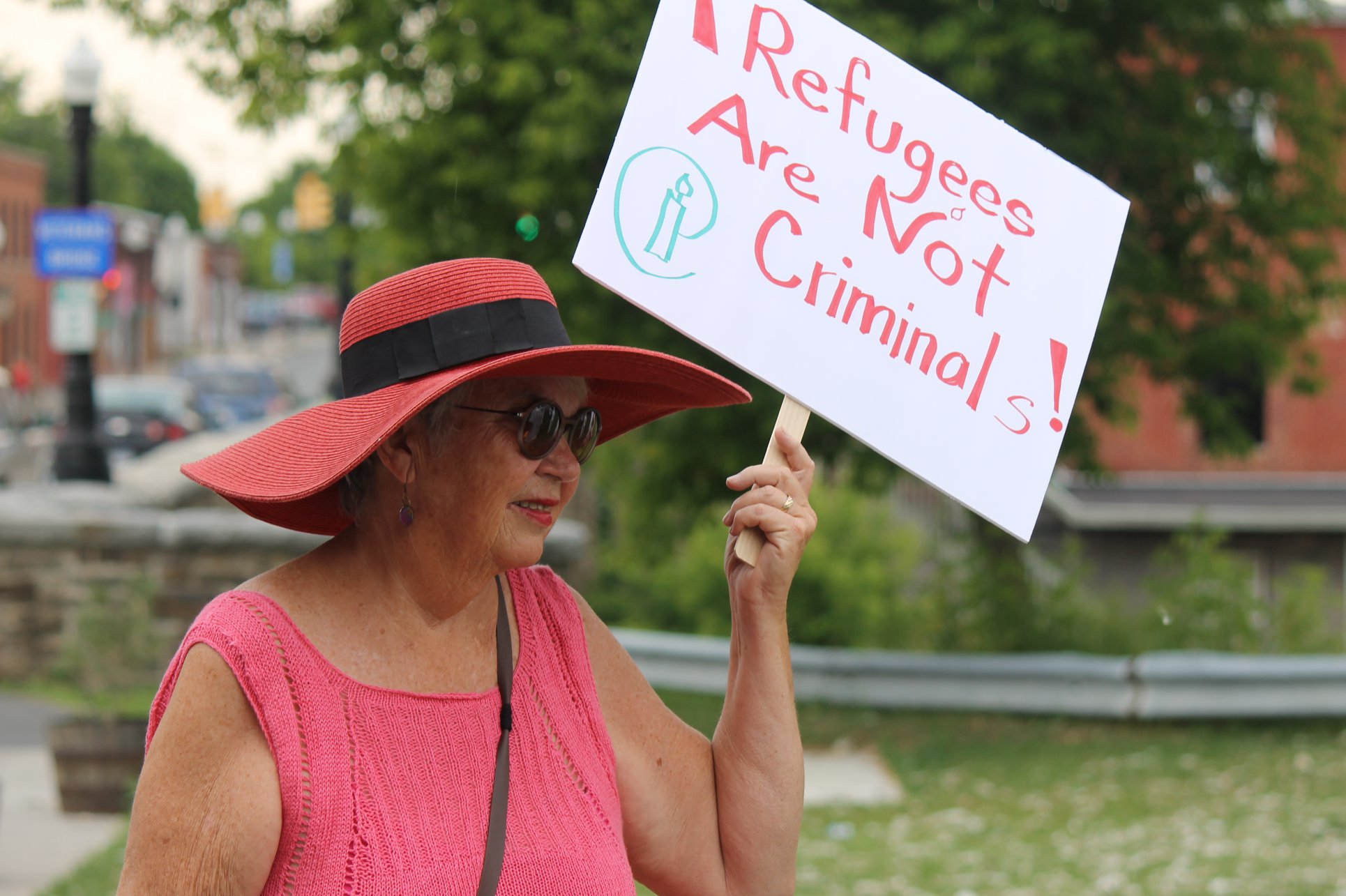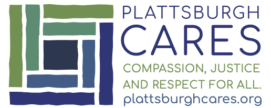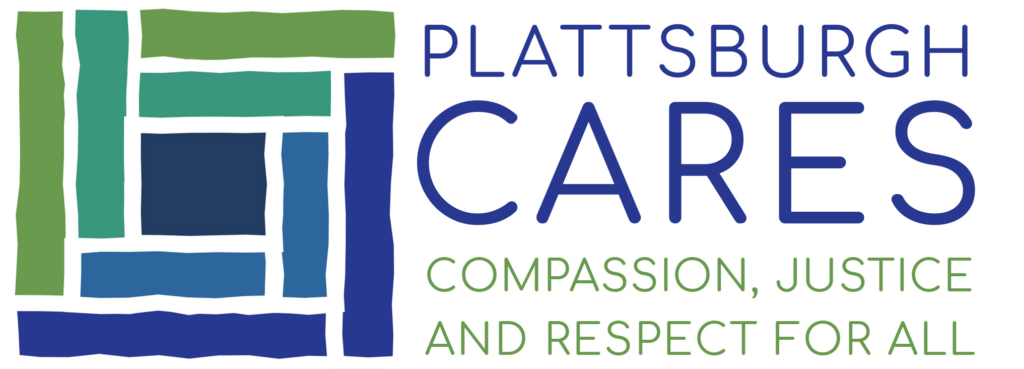What is Plattsburgh Cares?
Plattsburgh Cares is a coalition of faith, service and activist groups working to assist immigrants and others in our community to achieve their goals safely and responsibly with compassion, justice and respect for all.

Our Mission
Plattsburgh Cares is a coalition of faith, service and activist groups working to assist immigrants and others in our community to achieve their goals safely and responsibly with compassion, justice and respect for all.
Our History 2017 - 2026
Plattsburgh Cares was formed in April, 2017, in response to the immediate humanitarian need of many individuals and families who were attempting to cross into Canada to seek asylum.
According to Canadian government figures, more than 10,000 people who crossed at northern irregular borders filed refugee claims from mid-March, 2017, to the end of September, 2017. Over 90% of these crossings occurred at Roxham Road in Champlain, NY, since it is the easiest and least dangerous northern border crossing.
In March 2023, when the Safe Third Country Agreement between the United States and Canada was expanded, Roxham Road closed. This resulted in hundreds of refugees being turned back from the border. Despite our efforts to inform travelers that it was not safe to attempt to cross without (1) a plan, (2) consultation with a trusted immigration attorney, and (3) financial resources for their journey and resettlement, people were and still are risking everything to seek asylum in Canada.
Our limited resources could not keep abreast of our efforts to meet the needs. Plattsburgh Cares had to take a step back and reorganize in order to meet our mission. With our limited financial and human resources, we turned our efforts primarily on those who are food insecure. We maintain our ongoing partnerships with local service organizations and faith communities in this work.
We now assemble emergency food bags, full of nonperishable and nutritious food. We deliver these bags to local hotels, where the Department of Social Services puts up stranded folks, and to public spaces, where people gather who are food- and shelter-insecure — gathering places such as the Plattsburgh Public Library, DSS lobby, the social worker’s office at CVPH, the Mayor’s Office in Champlain, NY.
We are 100% volunteer driven. Our Executive Committee does much of the work, with additional support from other volunteers. One of our most significant assets is the strong and caring network that we have developed with the local agencies and individual volunteers. We partner with St. Joseph’s Community Outreach Center, JCEO, United Way, the NYS Governor’s Office for New Americans (ONA), Literacy Volunteers, the Interfaith Council of Plattsburgh and Clinton County, community food banks and meals, the Canadian-US Cross Border Network, and many more.

